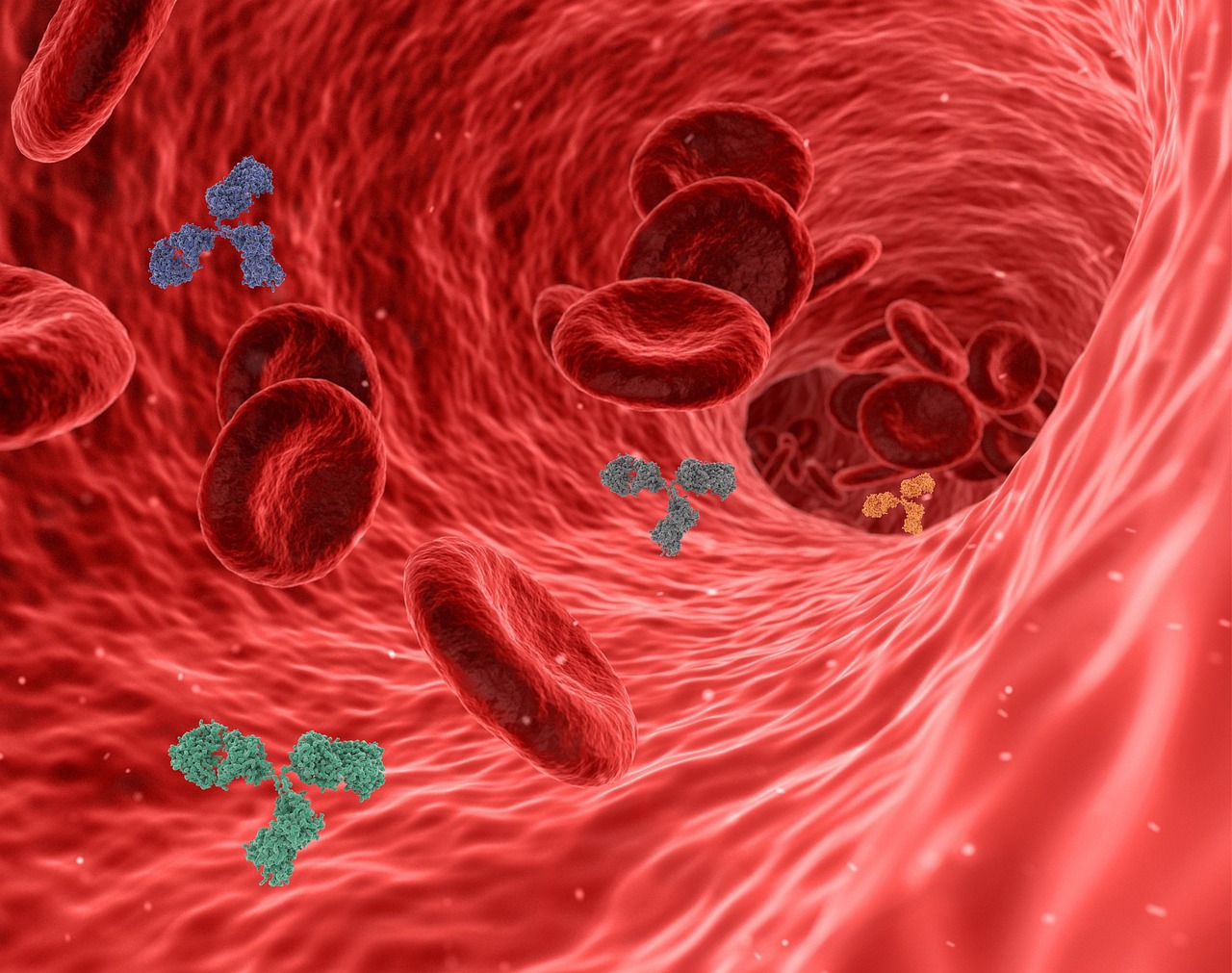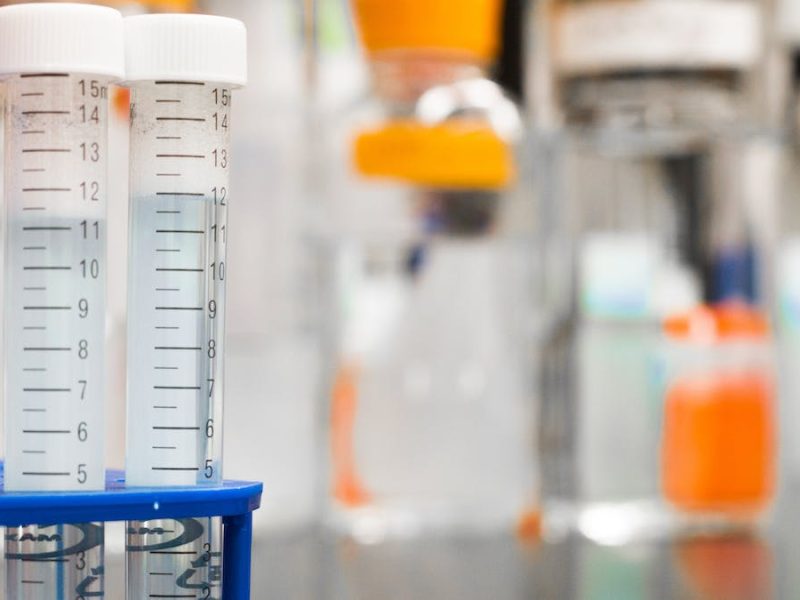Polyclonal antibodies have become vital elements in research, especially in biological and genetic-based studies. This has led to the invention and advancement of numerous efficient ways and steps to produce polyclonal antibodies, both in large and small quantities.
Polyclonal antibodies are produced by injecting a lab animal, such as a rabbit, using a specific antigen. The antigens are meant to induce the production of antibodies in the animal. To produce a higher titer of polyclonal antibodies, a lab animal is immunized repeatedly for a certain period. The induced antibodies are then collected from the animal antiserum.
Production of polyclonal antibodies is efficient and more cost-effective compared to monoclonal antibodies. They can also be obtained within the shortest time possible. To understand more about the way to produce polyclonal antibodies, please read through this article.
Table of Contents
1. Antigen Preparation
Antigens are essential components when it comes to the production of polyclonal antibodies. Antigens will determine the type, quality, and amount of polyclonal antibodies to be produced. Therefore, antigen preparation is crucial as it will significantly impact the process and the results. Ensure the target antigens are of high quality, especially when binding to a conformational epitope is required.
Antigen purity use during the production process will determine the specificity of polyclonal antibodies to be produced. Antigens with a high number of impurities can be immunodominant, leading to the production of antibodies with more activity against the impurity instead of against the immunized antigen. Therefore, antigen purification is essential. However, the antigen purification process is tedious and time-consuming. You can buy already-prepared antigens from reliable custom antibody service providers or laboratories that offer antigen preparation services.
2. Selection of the Animal Species
As mentioned, polyclonal antibodies are produced through the immunization of lab animals. Several animals can produce polyclonal antibodies, such as chickens, goats, rabbits, guinea pigs, mice, hamsters, sheep, and rats. Therefore, you must choose the best animal to give the PAb you need. There are several factors you should consider when selecting an animal species.
You should consider the amount of polyclonal antibody you need, the efficiency and ease of obtaining blood samples, the functions of the polyclonal antibody, and the relationship between the animal and the antigen.
Rabbits are the most commonly used animals in producing polyclonal antibodies due to their body size, which are easy to handle and bleed, have a long life span, and can make a significant amount of titer. They are also genetically divergent compared to other animals and provide most of the protein elements used in research.
3. Animal Immunization
Once you have selected the appropriate animal species, you should prepare it for immunization. A lab animal will only produce adequate antibodies when stimuli are introduced. Adjuvants are mainly used to induce an immune response in the animal. Adjuvants can help direct an immune response to a humoral or cellular response. Therefore, it’s essential to select and prepare your adjuvant. FCA is the most commonly used adjuvant in the production of polyclonal antibodies. This is because it can induce high antibody titers by almost all antigens.
The protein antigen is administered intramuscularly, intradermally, or subcutaneously to an animal of the selected species in the presence of an adjuvant. Following the priming vaccination, booster injections are given between 4 and 8 weeks later at 2- to 3-week intervals. The animal is bled, and serum is made from whole blood, before the priming immunization and after the primary and each booster vaccine. You should monitor and evaluate the animal after immunization. Observe behavior change and its health condition and response towards the vaccine. Once the antibody reaches the acceptable level, it means the end of the production process.
4. Polyclonal Antibody Purification
Affinity Purification is the preferred method and the best choice for purifying polyclonal antibodies. The produced antibody may contain several impurities from the animal system and the antigens. The purification process helps to eliminate any unwanted elements, such as proteins. Further, the non-specific IgGs found in the final antibodies may not be efficient when used with assays such as immunohistochemistry and Elisa. Therefore, it’s essential to eliminate them through purification.
The antigen-specific affinity method is the most preferred method to separate polyclonal antibodies from antiserum. This method helps to eliminate any non-specific IgG fractions, and in-return, enriches the antibody with immunoglobulin that can easily react with the target antigen.
5. Quality Control
After purification, it’s good to take your polyclonal antibody through quality control tests to assess its quality. There are several ways to check the quality of your antibody. One, you can take it through laboratory tests done by a third party. You can also assess the concentration of your polyclonal antibodies through absorption. SDS-PAGE can be used to check the purity of an antibody. Lastly, ELISA kits can help in estimating the polyclonal antibody titer. You can also label and characterize your antibody using an HRP.
Bottom-Line
Polyclonal antibodies remain an essential component in the research and production of vaccines. Therefore, using better and defined means to produce them can help ensure they are high quality and pure. When producing polyclonal antibodies, you should use high-quality antigens and adjuvants, as they will always determine the quality of your final results. In addition, you should select the appropriate animal and use the correct procedure during immunization. Apply the best purification method, which will guarantee high-quality antibodies.

Alex is fascinated with “understanding” people. It’s actually what drives everything he does. He believes in a thoughtful exploration of how you shape your thoughts, experience of the world.



